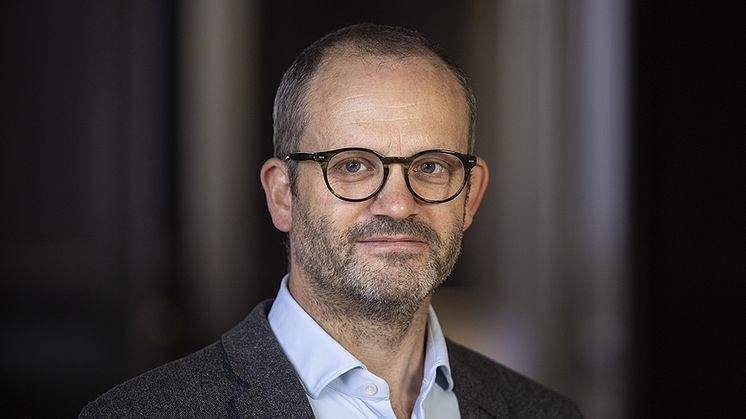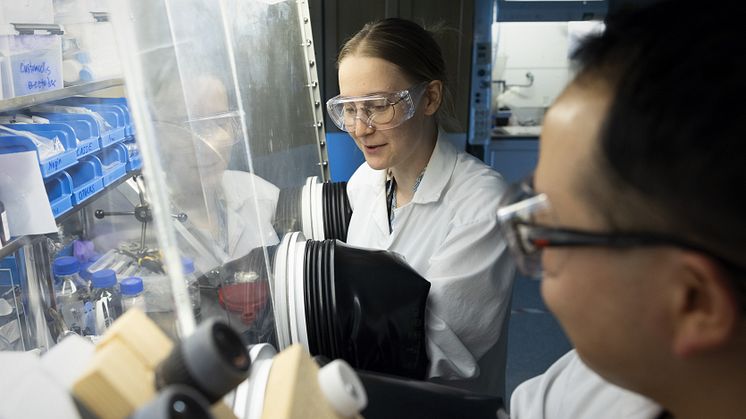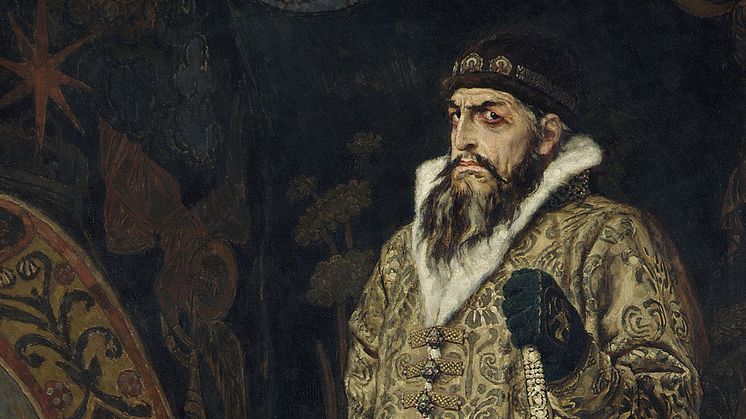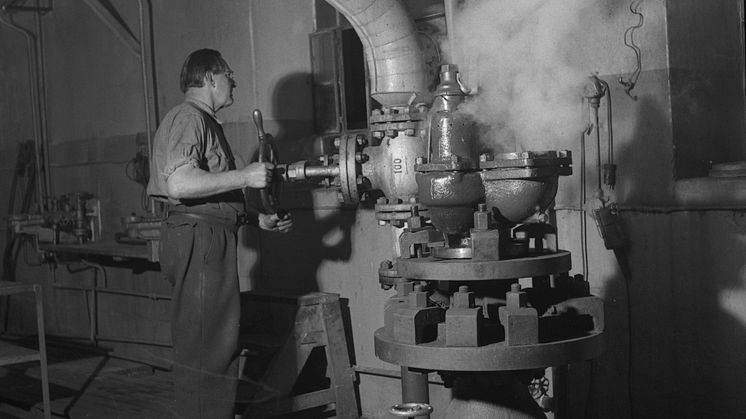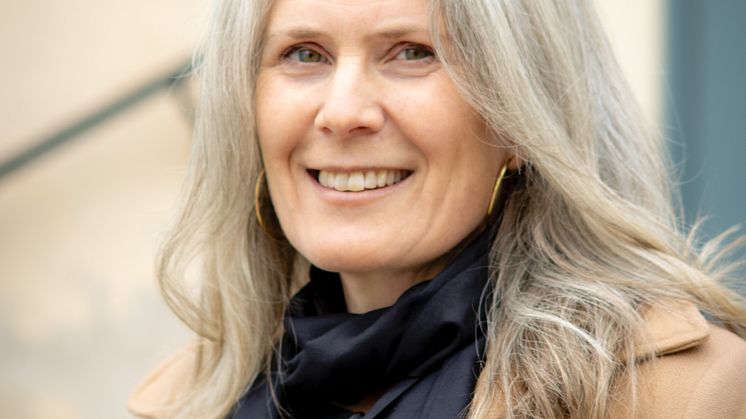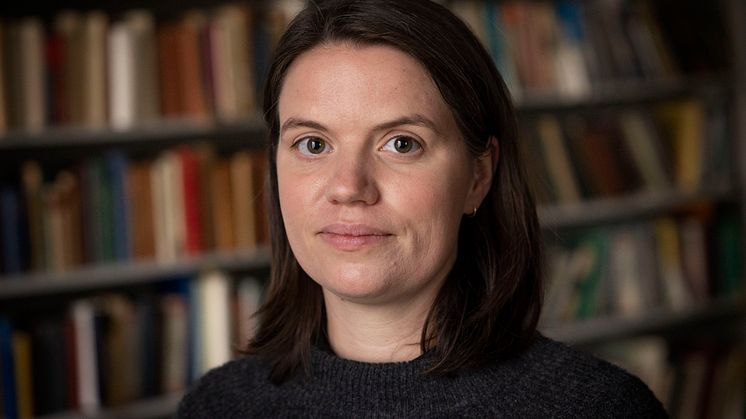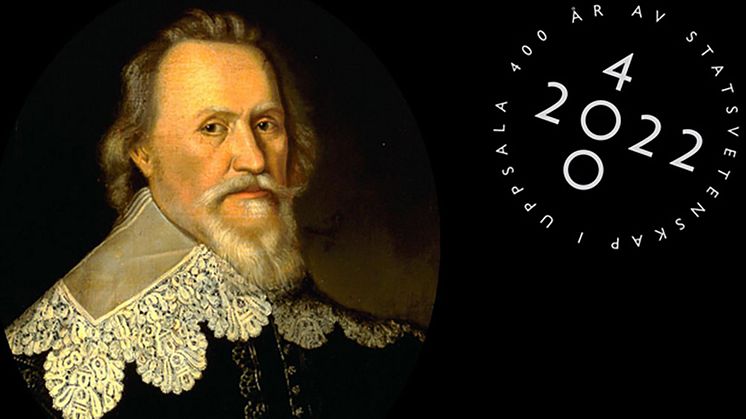Why are there so many Nordic mediators?
People from the Nordic countries are often selected as international mediators in wars and armed conflicts. Martti Ahtisaari, Erik Solheim, Anna Lindh among others. In a new book, peace researchers at Uppsala University describe what makes mediators specifically from the Nordic countries so popular. Where do they come from, why do they take on these missions and what sort of mandate do they have?



